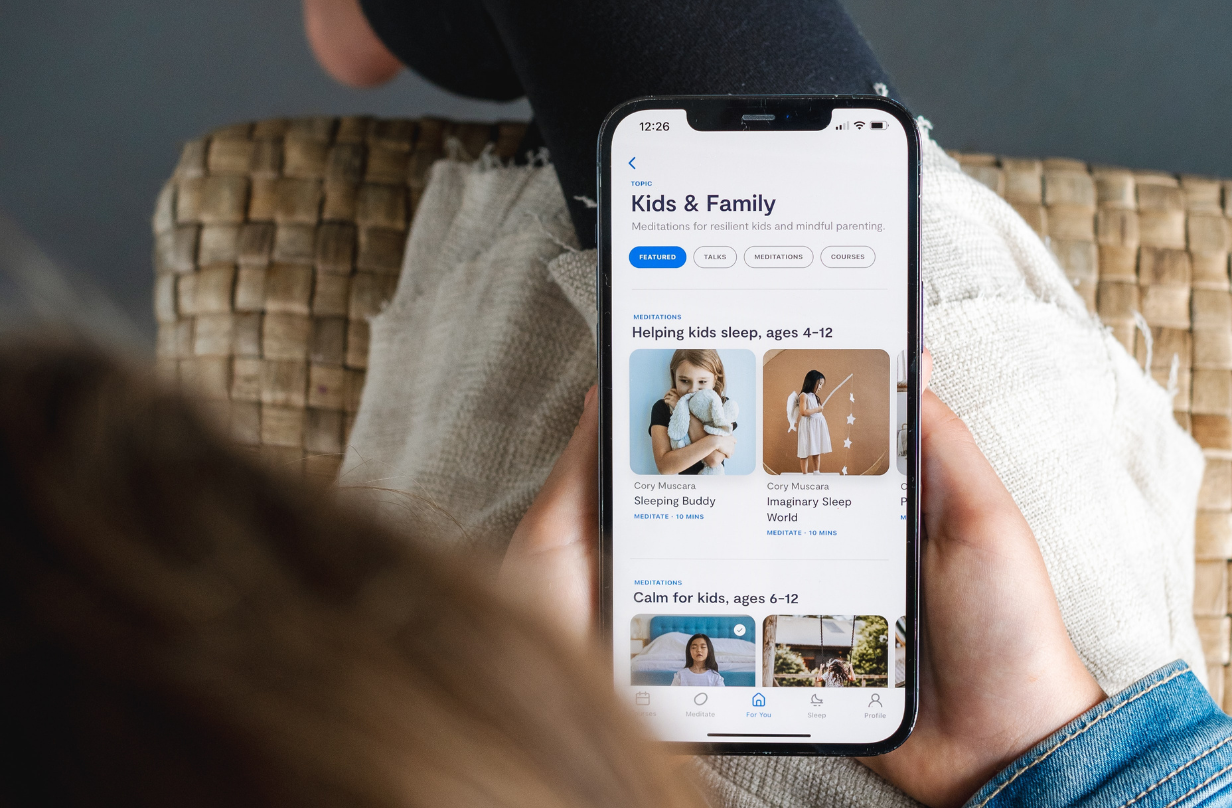Mental health therapy has been in high demand but good luck to anyone trying to find a therapist. As demand for counseling has spiked, so too has a therapist shortage — a huge reason why ‘self-therapy’ apps are on the rise.
As people struggle to find (and afford) therapists, mindfulness apps like Calm and Headspace certainly have their place. But it’s the new wave of ‘self-therapy’ apps like Betterhelp and Talkspace, that are filling the gap to serve those with moderate mental health problems get help when they can’t find a therapist or need near-term help.
Apps like Bloom say that this so-called ‘self-therapy’ helps people “be their own therapist” and address things like stress and anxiety virtually. These mental health apps apply the same cognitive behavioral therapy (CBT) methods as traditional therapy but in a virtual form.
It’s no wonder that apps like Bloom have secured huge investors and seen an uptick in users. These apps can also be more affordable, accessible, and convenient than traditional therapy. Though they are not without their critics, who raise questions about these platforms’ ethics, handling of user data, and ability to act as a substitute for visiting an in-person therapist.









 by your friends at The Daily Navigator
by your friends at The Daily Navigator



